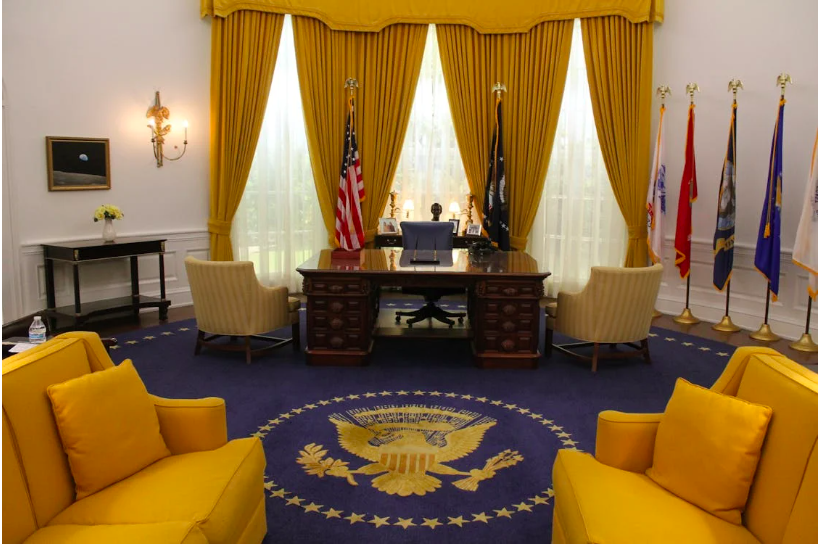Andrew Miller, a history professor at Neumann is widely popular among students despite there being no major in his discipline.
“His class didn’t feel like it revolved around a textbook, that gave me the opportunity to sit back and listen to him really explain history. You could tell he loved history,” said Cole Bethlem, sophomore, explaining why his class was so easy to enjoy.
He has been teaching history and social studies since the early 1990s, coming to Neumann in 2000. In 2013, he became the full-time history professor and has been since.
Miller is known to enthrall students during his lessons. He acts things out, shows pictures and paintings, brings in artifacts for show and tell.
Miller explained that while working as an educator in Fort Mifflin he learned that people are tactile learners. They learn best when they can actually see and touch things. He has carried that with him.
“The fun of any interpretation is interacting with the public and trying to show them what isn’t in textbooks,” said Miller.
But he wears many different hats. Along with being a professor he is a historian, reenactor, and novelist.
“History has just always been a part of me. I couldn’t say why. I grew up around the World War II generation, and I was always connected to them. Then, too, I was aware of my other relatives and ancestors,” said Miller.
Reenacting is a distinct culture, and despite being invited to join official units, Miller has preferred to keep his independence.
Most reenactors try to be as accurate as they can when it comes to weather, places, outfits, weapons, and food, but due to health and safety reasons, this is not always possible.
All of Miller’s reenactment clothes are accurate to the time period but he is not so strict with period food.
“Wearing wool, leather, and canvas in the summer is a challenge, but it’s really a frame of mind. If you allow yourself to feel hot, you’ll be hot. But it’s amazing what you can get used to,” said Miller.
He recalls that one of his most difficult reenactments was about six years ago, when he and his fellow comrades did reenactments for July 4 at the Colonial Farmstead that lasted four days, in temperatures that almost reached 100 degrees.
Along with pushing himself to limits most people could not bear, he has written three books – two novels on the Civil War and one nonfiction book on Williamson College of the Trades.
Last year, he was asked to write a history of St. Thomas the Apostle Parish, which dates to about 1729. He hopes to have that out by spring 2026.
Once the St. Thomas book is done, he plans to pound out another novel, this time on the American Revolution.
“I lived in a lot of places, had a lot of jobs, and did a lot of things. I always remembered people and places I found interesting, and when I write, every single person or place is based on someone I’ve known or some place I’ve been. I feel like that makes writing very authentic,” said a very authentic Miller.






